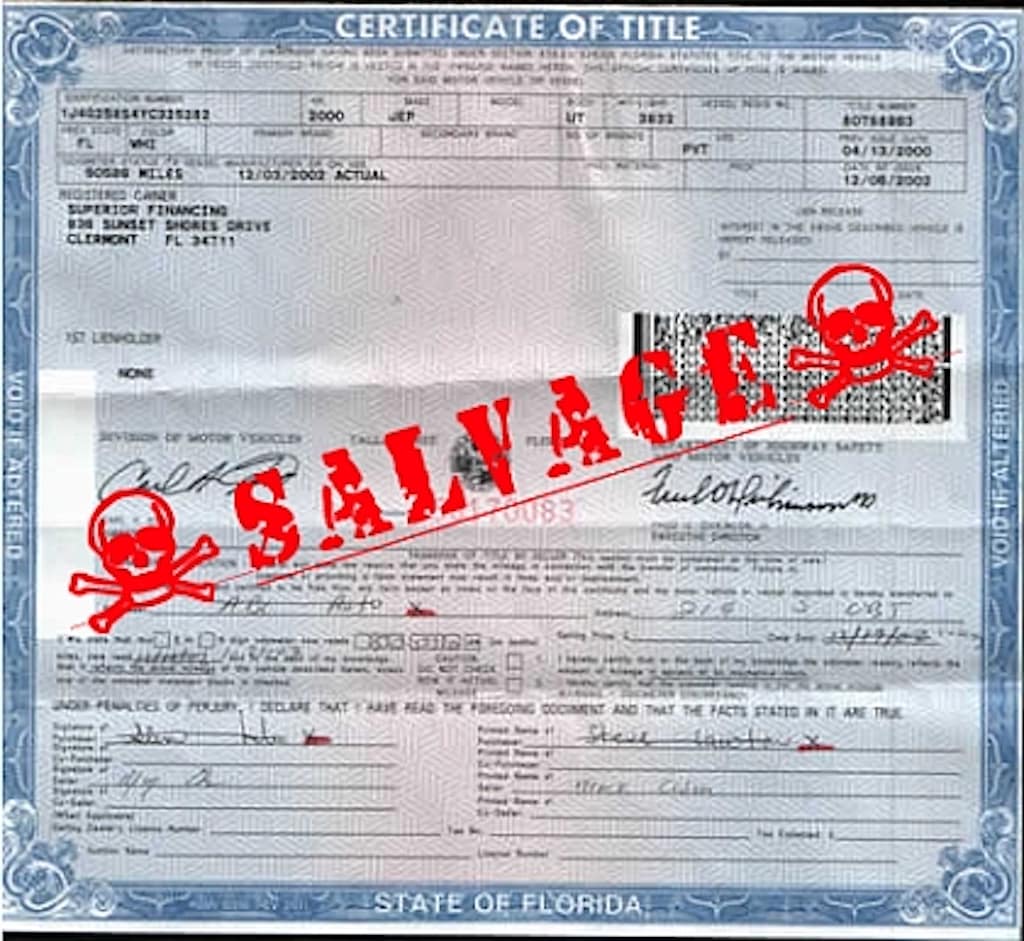When you are out there looking for a used car to buy, there are often vehicles that look to be in good shape, are lower in mileage, and are priced suspiciously low. They may seem like a great deal at first, however, , you notice the vehicle’s title status as something other than clean. Don’t be fooled by this. Vehicles with a branded title are not worth the hassle, but what exactly does a branded title mean?
A branded title means a car was involved in some kind of event covered by an auto insurance policy where the projected value of repairs exceeds some percentage of the fair market value of the car (typically between 70 and 80 percent), thus, the vehicle is declared a “total loss” by the insurance company and purchased by them. The insurance company then receives a new “branded” title from the state, and when they re-sell the vehicle at auction, they transfer the branded title to the next owner.
Below are 6 types of branded titles that you should avoid.
Table of Contents
Salvage Title
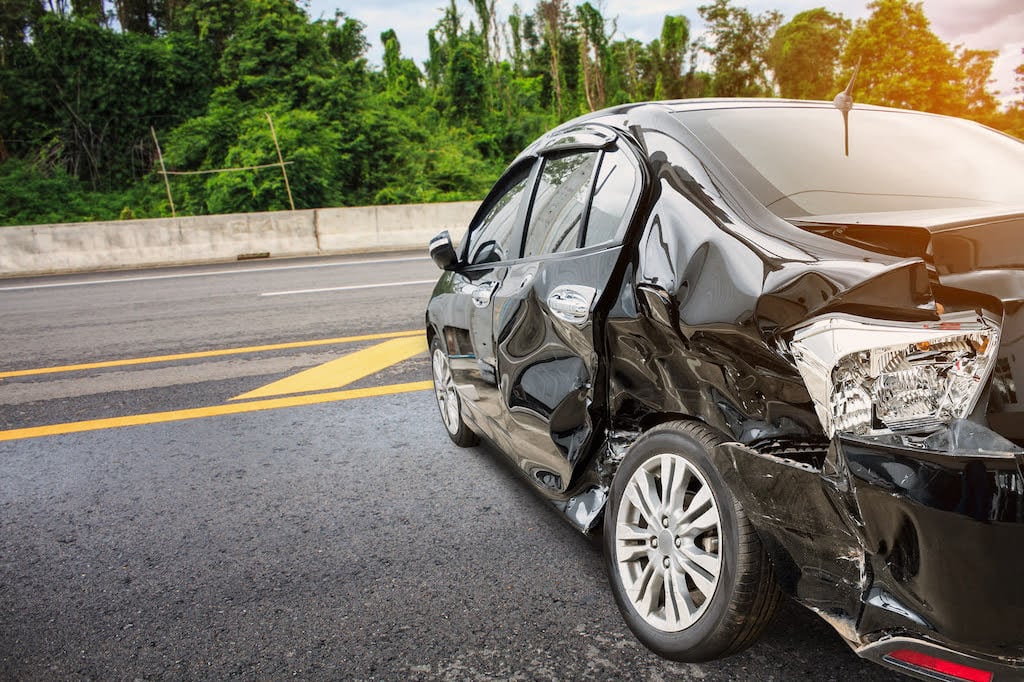
So what is a salvage title? It is by far the most common type of branded title, and it is issued to cars that were in some kind of major crash that, as mentioned previously, would cost most of the value fo the car to fix. Otherwise, the buyout would not proceed, and your vehicle would be repaired and returned to you per the terms of your insurance policy. However, despite the clean title, the crash would still likely show up on a vehicle history report.
So why avoid a salvage title?
For one, many state governments consider salvage title vehicles to be unsuitable for road use, and thus, they cannot be registered until the vehicle has some other kind of title, which takes time and money to do.
And if your goal is to have a car that can function as reliable, day-to-day transportation, avoid Salvage title cars. Even if you can look the part to “get around it,” I cannot encourage someone to buy a car for daily use that could potentially cause them to have trouble with law enforcement, let alone questions about how well the repairs are done and the corresponding safety issues. This is especially the case if that trouble could’ve been avoided by buying a car with a clean title in the first place.
So should you buy cars with Salvage Titles? Salvage your pride and pay more for a car with a clean title, because salvage title vehicles aren’t worth the effort.
Rebuilt Title
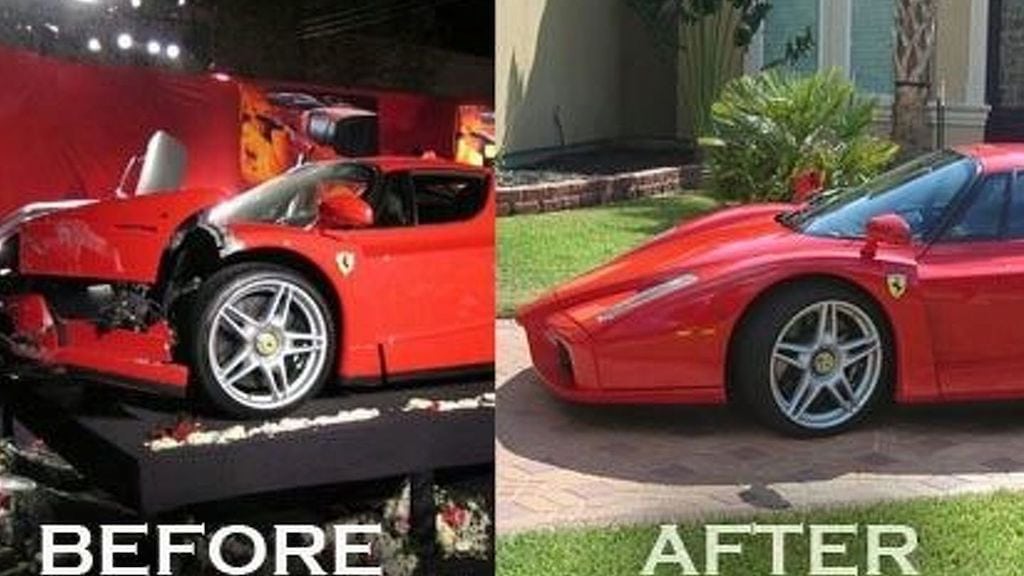
As for a rebuilt title? They are identical to salvage title vehicles in all but two key aspects. Firstly, these cars have been repaired and have passed a salvage inspection by a state-approved inspector. Secondly, unlike salvage title vehicles, they can actually be registered for use on the roads. Despite this, I would still avoid them.
Firstly, there is no guarantee that the damage has been properly repaired. Why do I say this? Didn’t it pass a state inspection?
Yes, but do you really trust an American politician’s judgement on who is suitable to do inspections on vehicle repairs? Repairs that affect the safety and structural integrity of a vehicle? The very same politicians that have proven themselves to be useless and egotistical, and have been neglecting safety issues of roads and bridges by deferring maintenance for decades? I sure don’t. Plus, for the average person, the only way to know that damage to a vehicle has been repaired properly is to buy a vehicle that wasn’t damaged in the first place, i.e, a clean title!
Most people would be well advised to avoid rebuilt title vehicles, since there are too many unknowns.
Lemon Title
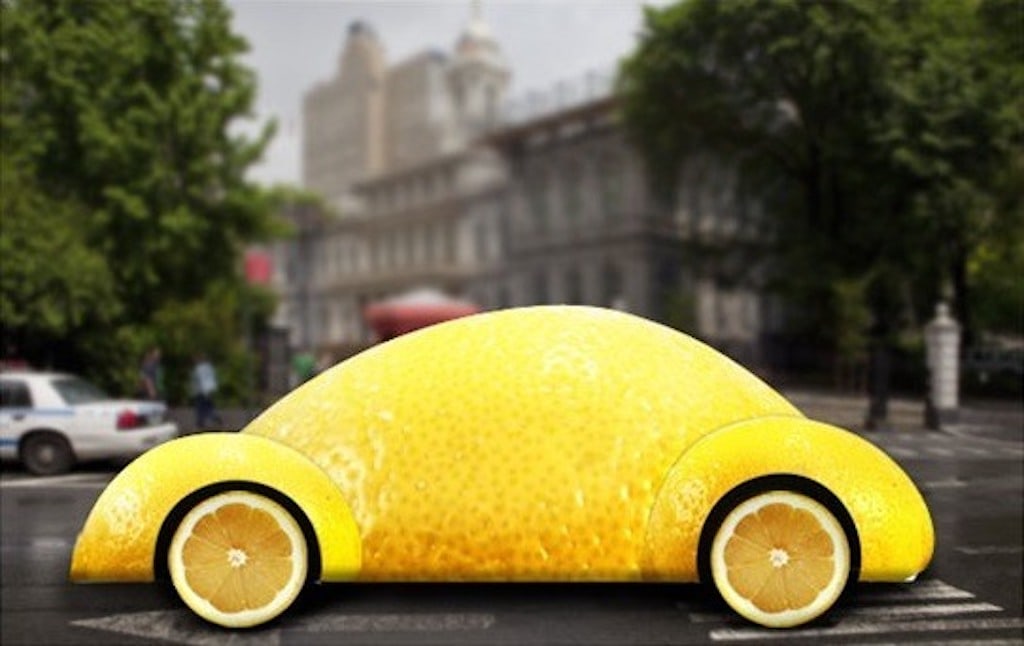
Don’t be fooled by the title. Despite the name, this has nothing to do with citrus fruits. Lemon title vehicles are named as such because they were purchased back by the manufacturer from the initial buyer per the requirements of the patchwork of different lemon laws throughout the 50 U.S. states. Why was the manufacturer required to purchase the car back?
In general, it is because a vehicle, when new, had at least one significant manufacturing defect; one that the original buyer attempted to have repaired multiple times under warranty (usually 3-4 times) without luck within the first year. Translation: the vehicle in question was produced with so many defects, that despite the repeated efforts of certified technicians, it could not be corrected, thus the state forced the dealer to buy the vehicle back from the customer.
For your average person, I would advise avoiding these vehicles, since even if the original reason for the lemon title being fixed was resolved, it makes me immediately suspicious of the build quality of the rest of the vehicle. It’s not a chance I’m willing to take, and I can’t advise other people to buy a car I wouldn’t be willing to buy myself.
Odometer Rollback Title
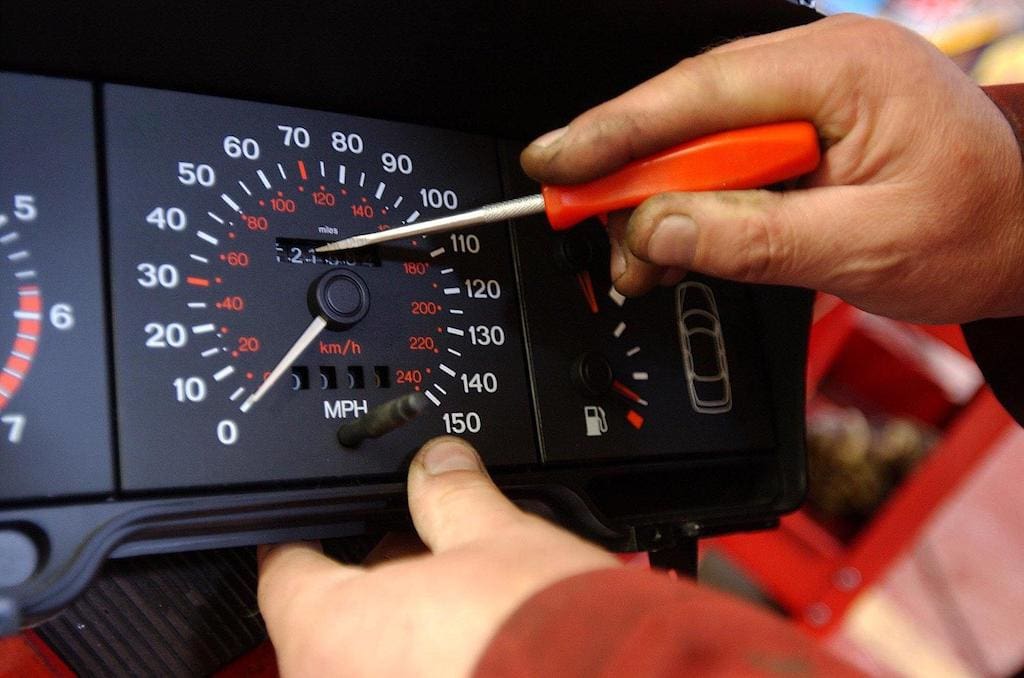
This one is pretty self descriptive; it is a title issued when it has been discovered and recorded with the state that the odometer of a vehicle has “rolled back” to indicate a lower than actual mileage. This is done by some less-than-honest dealers and private sellers to try and make the most amount of profit on a vehicle, as mileage is the main indicator of vehicle condition, with lower mileage vehicles commanding a higher price than higher mileage ones.
This is a type of vehicle that I would avoid at all costs. Why? Because, a previous owner has demonstrated a willingness to commit fraud and deceive a buyer in the name of profit.
In my view, if a seller is willing to falsify a vehicle’s mileage reading and misrepresent a product to get a few extra dollars on a sale, this same seller is also likely to have lied elsewhere. Whether in the use of substandard parts and labor in fixing up a car to cut corners, or whether they lied about having performed certain repairs or maintenance items on the car in the first place, once honesty is gone, there is no going back.
Don’t waste your time ferreting out issues in a vehicle and fighting with a web of deception and lies. Avoid odometer rollback titled vehicles and stick to a clean title car.
Non-repairable Title/Dismantled Title
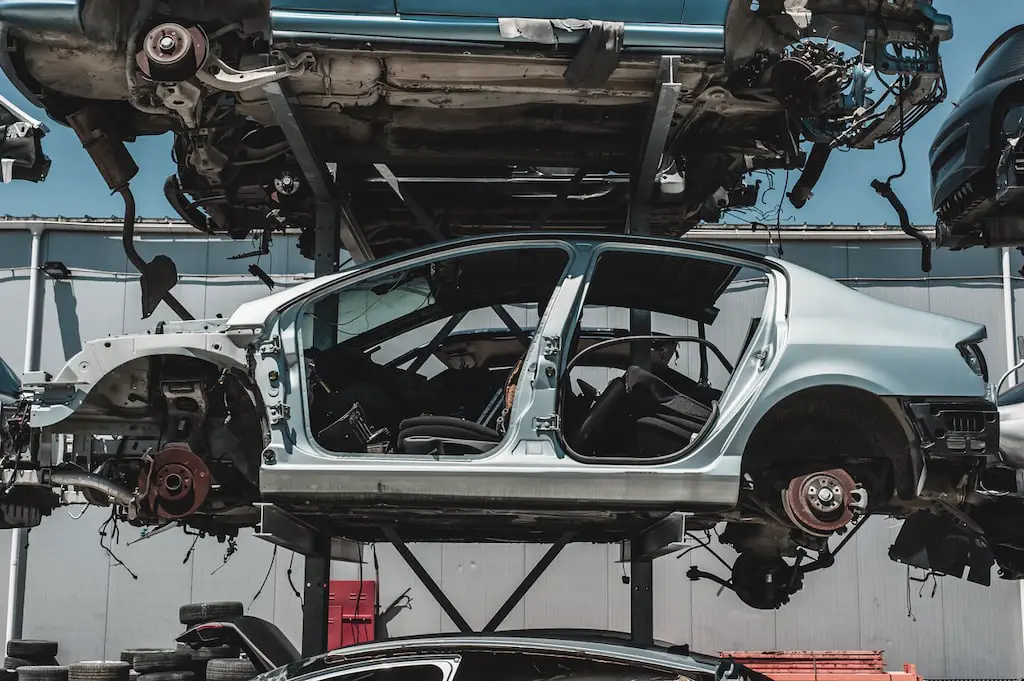
Similar to a salvage title, non-repairable or dismantled titles are issued to vehicles that have been in some sort of insurance write-off, and have been deemed unsuitable for road use by the state. Alternatively, a dismantled title can be issued to a vehicle that is being parted out in a salvage yard. These titles though differ from salvage titles in one key way.
While salvage titled vehicles can later be registered if they go through a salvage inspection and obtain a rebuilt title, no such pathway exists for non-repairable or dismantled title vehicles. In the eyes of state governments, vehicles like this are only suitable for parts or recycling due to damage that is so extensive that even if repaired, it still poses a hazard.
Since for most people, getting a vehicle with this type of title past the regulatory hurdles so that these vehicles can be insured is not happening, they are unviable for use as daily transportation, and should be avoided.
Export-only title
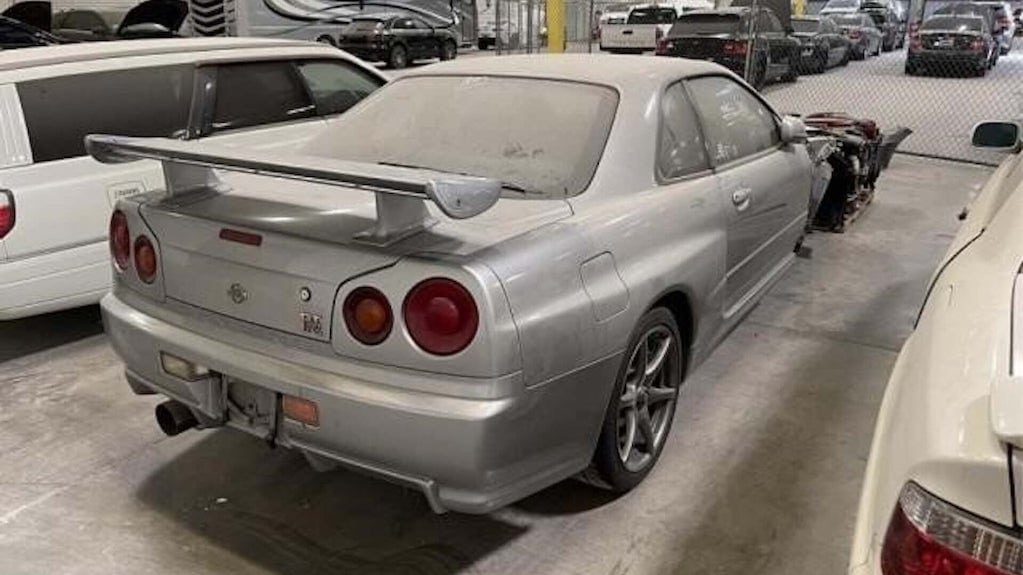
Vehicles issued this type of branded title are generally the result of U.S. Customs Auctions. In most cases, they have been seized due to noncompliance with various import/export regulations, and are being sold to get them off of government lots. I first came to know about them because some JDM cars were being sold at these auctions for bargain basement prices (link here), notably Nissan Skyline R34s and other JDM cars that were less than 25 years old at the time of auction.
However, they have one catch. The buyer, in agreeing to purchase these cars, also agrees to export the vehicles. For people in the U.S. intending to buy a car to use day-to-day, even if you could somehow get around this, what’s the point of it if the car you are using could at any point be seized by the police, at which point you are out thousands of dollars and dealing with a massive inconvenience.
Don’t give a bored, overpaid bureaucrat on a power trip an excuse to make you his next crusade to look good for his boss and get a promotion. Save yourself the trouble, and if you want any type of car, best to do it legally.
If you truly find the law to be too intolerable, change the laws of where you live: either by lobbying to change something about the government where you live, or change where you live to a place that has a government with laws that, in your opinion, are more favorable (i.e. vote with your feet).
Summary
Have you ever bought a car with a branded title? What is your experience owning a car that has been repaired due to a crash, flood, or theft recovery? Let me know down in the comments below.
